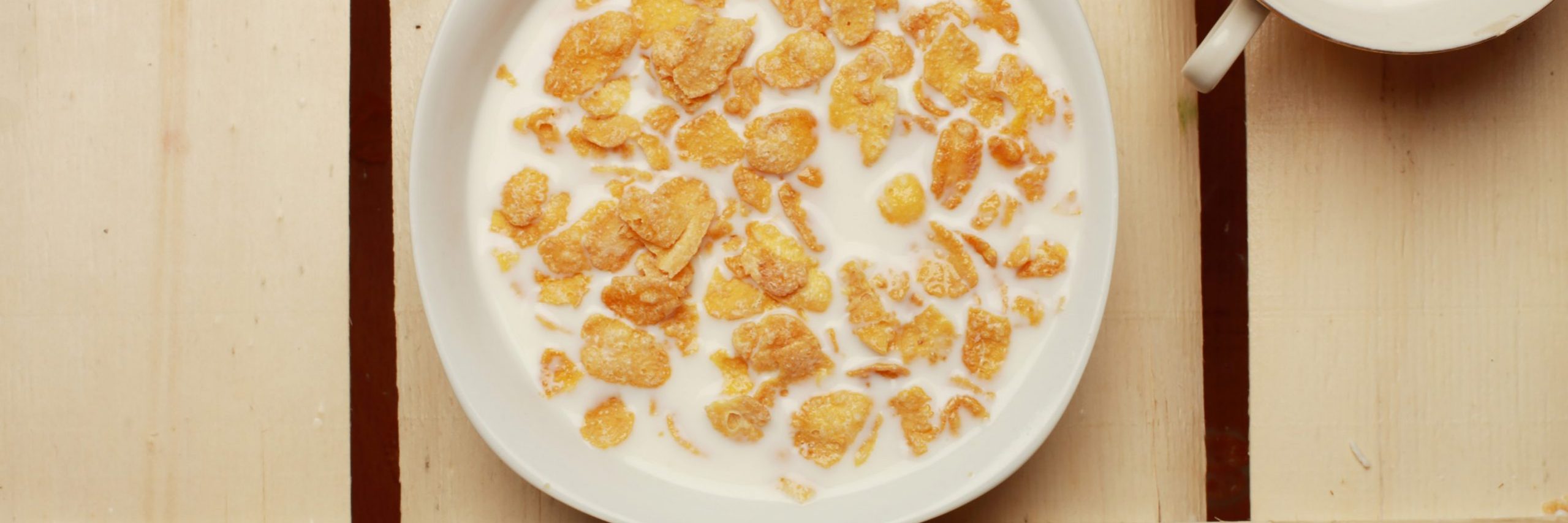Shrinkflation occurs in packaged foods and items, with cereal being the most common repeat offender. Source: Pexels.
A recent study from Deakin University found that a number of Australian cereal boxes have decreased in size, but increased in price — a strategy known as shrinkflation.
Many customers have reportedly felt packets at supermarkets feeling and looking smaller, but there is usually no quantifiable evidence to prove a case of shrinkflation.
“We don’t have any firm data on how common it is. We’ve definitely seen an increase [in customers reporting it] starting two years ago. But it’s quite hard to track.,” said Liam Kennedy from consumer advocacy group Choice.
Researchers from Deakin University revealed that seven products had decreased in size, but increased in price, with some boxes becoming 54 grams lighter since 2019. The most significant weight drop was observed in a Sultana Bran variety, which decreased by 150 grams or 17 per cent.
“Products have increased by about 40 per cent across the board. Some cereals are now costing $10,” said Deakin University’s Christina Zorbas.
The data also showed that Crunchy Nut Cornflakes have grown their prices the most, with a $4 dollar increase in four years, while also shrinking their size by 30 grams.
Shrinkflation is not only limited to cereals, but other food and household commodities, including chips packets, candy, and cleaning supplies.
The study was released in light of a statement said by the CEO of WK Kellogg, Gary Pilnick, suggesting struggling families should consider cereal for dinner to save on costs.
“We’re advertising about cereal for dinner,” said Pilnick. “If you think about the cost of cereal for a family, versus what they might otherwise do, that’s going to be much more affordable.”
Critics — Jane Martin, the executive manager for Australia’s Food for Health Alliance, and Tara Diversi, president of Dieticians Australia — accused Kellogg of exploiting the cost-of-living crisis, adding that cereals are not a nutritious “adequate substitution as an everyday option to save money.”
Ms. Martin urges the government to address shrinkflation by intervening and taking regulatory action so companies do not continue to exploit customers during these hard times.
“These corporations have an imperative to make a profit so they aren’t going to do things on their own to make a difference,” stated Ms. Martin.
“Governments need to pull the lever. We should probably be looking to put a GST on high-sugar cereals because breakfast cereals are currently exempt from GST.”
Dr. Zorbas also agrees with Martin’s view, and said her team was hoping to quantify shrinkflation in other food products very soon.





